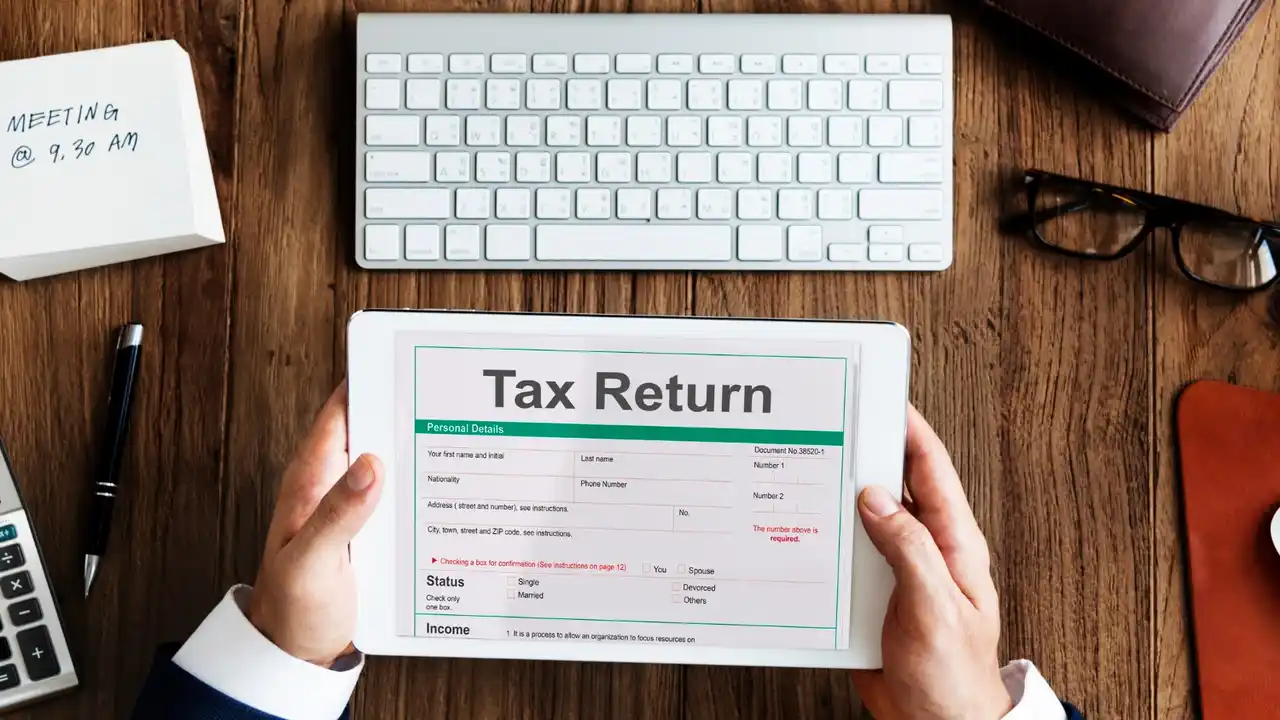Trading often gets seen in our country as something that only risk-takers engage in, due to its perceived uncertainty. It is still considered a niche and gets commonly misinterpreted. There is great potential and interest in India’s stock market!
There is a significant difference between the number of Demat accounts and the number of individuals actively trading.The reason behind this may be a lack of understanding or uncertainty about different aspects of trading, such as the need to file income tax returns for Future and Option (F&O) trading.
Come With Us as We Simplify the Process of Filing ITR for F&O Trading!
Future and Option financial instruments involve the purchase or sale of an underlying asset at a predetermined price. If a trader has a buy position and the asset’s price increases, they can make a profit, while if they have a sell position, they can profit if the price of the asset falls. Currently, there is significant confusion in India regarding income tax regulations for F&O trading, and it is necessary to explain it in simpler terms.
In this blog, we will simplify the process of F&O ITR filing by highlighting its key aspects and outlining the necessary compliance measures.
Trading income gets classified as speculative or non-speculative business income. Non-speculative F&O transactions involve the delivery of shares, while intra-day trading transactions are considered speculative. If you incur a loss from non-speculative F&O trading, you can offset it against any income head except salary. Unused loss can be carried forward for up to eight years and offset against non-speculative business income. Loss from intra-day trading can only be offset against speculative income, with any unused balance carried forward for up to four years. Non-speculative business income from F&O trading is taxed at normal slab rates, and advance tax payments are required if the total income exceeds INR 10,000 in a financial year.
ITR-3 form gets utilized to declare income from ‘profits and gains from business or profession (PGBP)’, and tax liability is calculated based on the applicable slab rate for each individual.
Reporting Your Business Income has a Valuable Side!
The expenses you can rightfully claim are varied and numerous.
By filing F&O ITR on time, you can deduct expenses associated with trading. These may include broker’s commission, Demat charges, the cost of research reports, depreciation of trading devices, and internet costs from your earned income.
To claim expenses for business purposes, it is crucial to ensure that they were incurred directly and exclusively for that purpose. Such expenses may involve brokerage, broker’s commission, subscriptions to trading-related journals, phone and internet bills, consultant fees, and salaries paid to employees hired for business purposes.
Maintaining proper records of receipts and bills for such expenses is important, as is ensuring that payments are made through cheques or bank transfers instead of cash. Besides, you may be entitled to claim expenses that exceed Rs. 10,000 in cash.
If an expense has both personal and business-related aspects, it is wise to claim a reasonable portion of it as a business expense.
Important Points to Remember While Filing F&O ITR
- It is necessary to include your gains or losses from F&O trades in your tax return to avoid receiving a notice from the tax department.
- Reporting losses can also have tax advantages. Regardless of whether you are an individual or a company, trading in futures & options is generally treated as a business income.
- Claiming business expenses is possible if you report your F&O trading activity as a business.
Tax Audit Requirements Based on Trading Turnover for F&O Traders
- If your trading turnover is up to INR 2 crores and your profit is less than 6% of your turnover, or you’ve incurred a loss, then a tax audit is required. However, if your profit is equal to or more than 6%, then a tax audit is not necessary.
- Please note that a tax audit is mandatory irrespective of profit or loss for traders with a trading turnover of more than INR 10 crores.
- The tax audit requirements for traders with a trading turnover of more than INR 2 crores but up to INR 10 crores vary based on profit and whether you’ve opted for the Presumptive Taxation Scheme under Sec 44AD. Another scenario wherein a tax audit is necessary is when your profit is less than 6% of your turnover or you’ve incurred a loss.
- A tax audit is required if you haven’t opted for the Presumptive Taxation Scheme and your profit is equal to or more than 6%. However, if you’ve opted for the Presumptive Taxation Scheme and your profit is equal to or more than 6%, a tax audit is not necessary.
Conclusion
We hope you feel more in tune with the certainly reliable aspects of trading and its corresponding tax compliance. To make the process of F&O trading ITR filing even easier, turn to TaxBuddy, your reliable tax guide! It is India’s one of the most trusted platforms to file your returns with an absolute reliability and effortlessness, ensuring you maximize on your tax savings.


